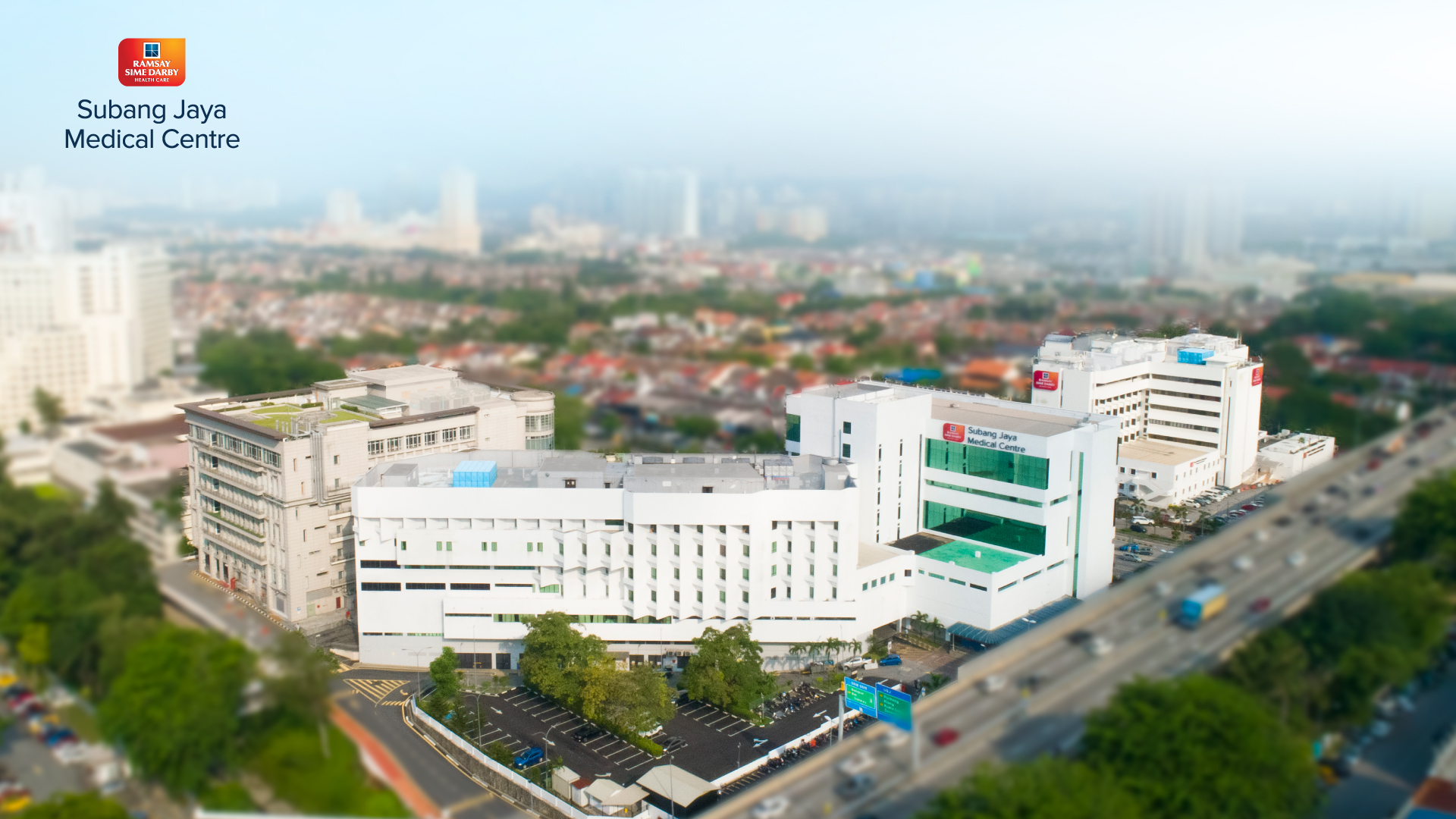The Malaysia Healthcare Travel Council says 31 private hospitals from Malaysia Healthcare’s network of member hospitals offer comprehensive cancer treatments to medical travellers.

KUALA LUMPUR, Feb 1 – Globally, breast cancer is the second most common type of non-melanoma cancer, after lung cancer, and the fifth most common cause of cancer death.
In Malaysia, it is also the most common cancer nationwide. In conjunction with the theme of this year’s Breast Cancer Awareness Month, Living Beyond Breast Cancer, Malaysia is set to reinforce its prowess as a Cancer Care Centre of Excellence in the region.
Since its first cancer treatment centre opened its doors in 1981, Malaysia has achieved international recognition for its quality of care.
Recently, the country was proclaimed second in the care and delivery of cancer treatment in the Asia Pacific and the third-most prepared country overall by the Economist Intelligence Unit.
According to Dr Patricia Alison Gomez, a consultant breast surgeon at Pantai Hospital Kuala Lumpur (PHKL), the Breast Care Centre there is a one-stop centre for screening and diagnosis, and can give patients answers in 48 hours.
“Our centre includes a multidisciplinary team with subspecialties, and includes breast surgeons, colorectal surgeons, upper GI surgeons, neurosurgeons, urologists, ENT surgeons, gynaecologists, respiratory physicians and palliative care physicians,” she added.
Dr Chong Kwang Jeat, consultant clinical oncologist at Mahkota Medical Centre, advises, “Women over the age of 40 should undergo routine cancer screening, including mammograms and Pap smears. This is even more crucial if they have a higher cancer risk, including family history of cancer, poor lifestyle habits and being overweight.”
Since breast cancer is the most prevalent cancer in women, Dr Malwinder Singh Sandhu, consultant clinical oncologist at PHKL, asserts that breast cancer is one of the cancers that has seen significant advancement over time. Every patient’s breast cancer treatment is highly personalised since every patient has a unique biology or mutation from another patient.
“Some patients may need to go for chemotherapy even if they are diagnosed at an early stage. However, many new targeted therapy drugs, ranging from oral to injection, are available for breast cancer patients who have a specific mutational receptor in their cancer cells. When compared to traditional chemotherapy, this new targeted therapy has a higher success rate and survival rate with fewer side effects,” he said.

Dr Matin Mellor Abdullah, Consultant Clinical Oncologist at Subang Jaya Medical Centre (SJMC)
According to Dr Matin Mellor Abdullah, consultant clinical oncologist at Subang Jaya Medical Centre (SJMC), “Patients treated at our hospital between 2008 and 2012 had a relative survival at five years of 101 per cent for Stage 1 cancer”.
“This means all the patients were cured by the treatments they had received here. Even for Stage IV cancer, SJMC’s result was a respectable 36 per cent for overall survival at five years. This is world-class performance befitting a centre of excellence for cancer care.”
Malaysia Healthcare Travel Council (MHTC) chief executive officer Mohd Daud Mohd Arif said: “Over the decades, growing medical talent and technology advancements have given hospitals the opportunity of administering cancer care that is above the rest, through cutting-edge technology.
“Today, 31 private hospitals from Malaysia Healthcare’s network of member hospitals offer a comprehensive course of action to cancer patients. Equipped with medical talent and state-of-the-art oncology services, Malaysia is committed to providing world-class quality services for health care travellers’ peace of mind.”
With a vast range of oncology services that include groundbreaking imaging and cancer detection technologies on offer, Malaysia Healthcare is moving forward steadily as the Cancer Care Centre of Excellence. This is further reinforced by the country’s excellent healthcare system, which makes it easier for healthcare travellers to obtain comprehensive cancer care promptly in a safe and trusted destination.
Source:
Code Blue
